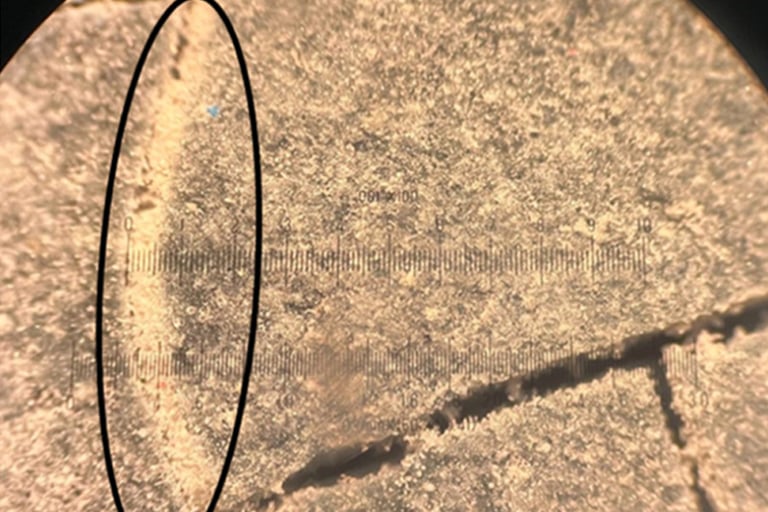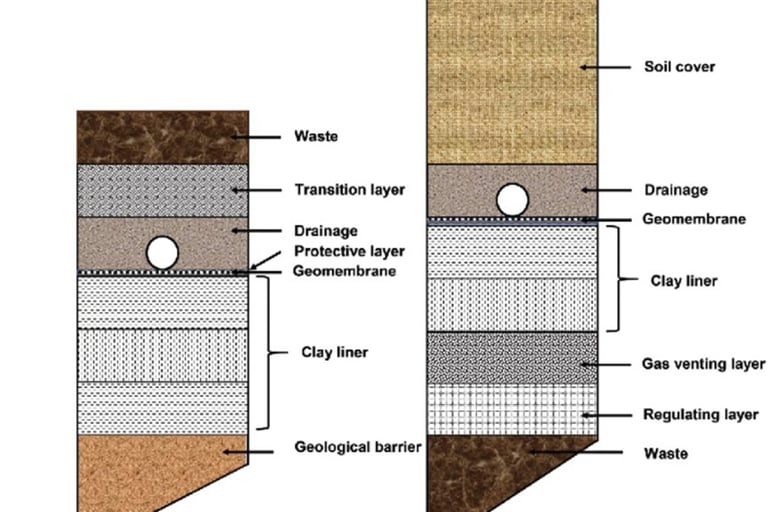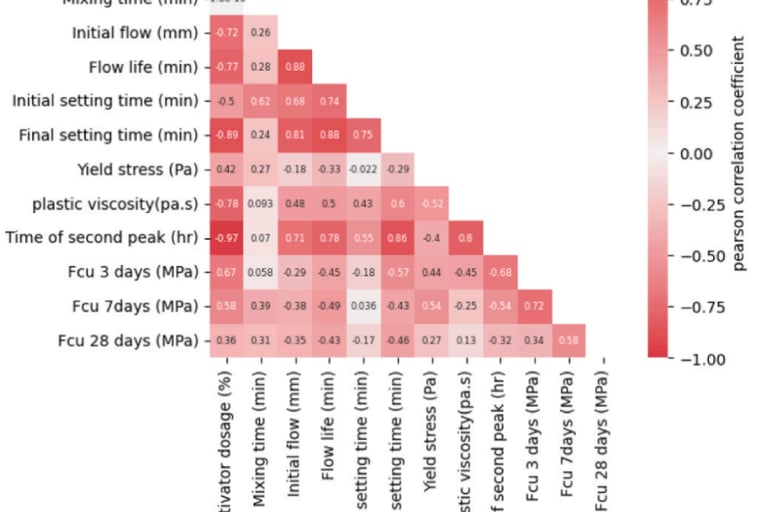Welcome to ECONCRETE Lab
The ECONCRETE laboratory, led by Prof. Ahmed Soliman, is situated within the Building, Civil and Environmental Engineering (BCEE) Department at Concordia University, Montreal, Quebec, Canada.
What We Do
Our research team is dedicated to advancing novel, eco-friendly construction materials through an integrated approach combining theoretical modeling with rigorous experimental validation. We focus on next-generation green and sustainable material systems that push beyond conventional solutions, aiming to reduce environmental impact while enhancing engineering performance. By applying fundamental and applied engineering principles, we bridge the gap between laboratory-developed sustainable materials and their real-world implementation, ensuring optimized mechanical behavior, minimized carbon footprints, and long-term resilience of the built environment.

Selected Recent Publications






Ahmed Khaled et al.
Research examined self-healing capabilities of alkali-activated concrete after exposure to high temperatures (up to 800°C), comparing ambient air and NaOH immersion treatments. NaOH immersion proved more effective, with calcium carbonate formation being the primary healing mechanism, leading to crack reduction and improved material properties. This demonstrates the potential of self-healing for enhancing construction material durability and reducing maintenance costs
Zhikun Chen et al.
With rising global population, industrialization, and urbanization, construction, renovation, and demolition (CRD) waste has surged, with landfills still serving as the main disposal method worldwide. However, CRD waste in landfills causes environmental issues, particularly leachate and hydrogen sulfide emissions. This study reviews the environmental impacts of CRD landfill waste, available mitigation methods, and explores using CRD materials in landfill barriers. While technologies exist to address these impacts, diverting CRD waste through reduction, reuse, and recycling is the optimal solution. Finally, research gaps in CRD waste and landfill management are also highlighted.
Nourhan Ali et al.
Research explored mixing protocols' effects on alkali-activated slag workability, finding that longer mixing with rest intervals improved flow retention for high activator dosages, without affecting hydration products formation—insights valuable for ready-mix applications.
Our Research, Our Victory: CRIB Takes First!

2024

